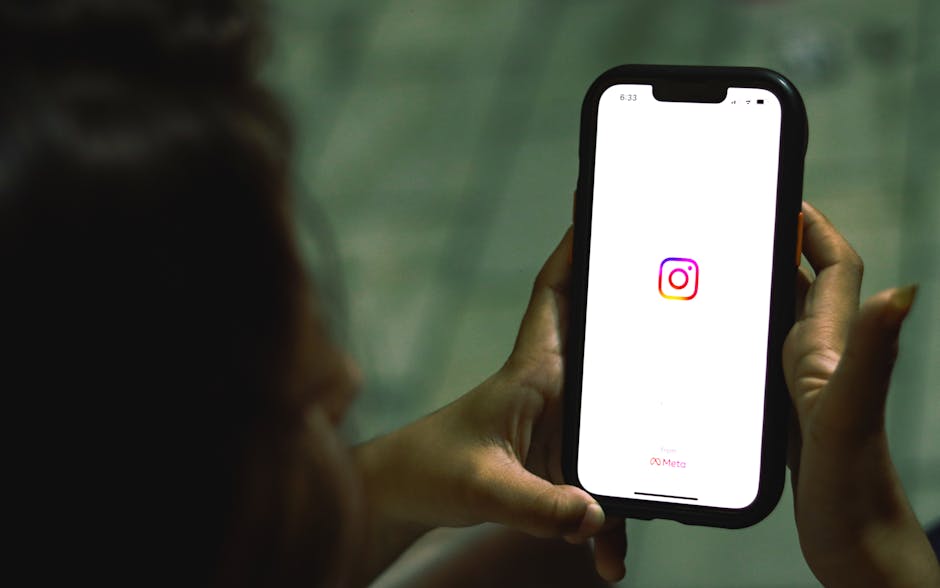Mental Health: The Effects of Social Media
In today’s digitally connected world, social media platforms have become an integral part of our lives. While they offer numerous benefits, such as staying connected with friends and accessing information, their impact on mental health is a growing concern. This blog post explores the effects of social media on mental health, supported by relevant statistics and examples, and provides actionable tips to mitigate potential adverse effects.
The Rise of Social Media and Its Ubiquity
Social media usage has skyrocketed over the past decade. According to a report by DataReportal, as of 2023, there are over 4.9 billion social media users worldwide, representing more than 60% of the global population. Platforms like Facebook, Instagram, Twitter, and TikTok have become daily fixtures in our lives, influencing how we communicate, consume information, and perceive ourselves.
Positive Aspects of Social Media
Before delving into the negative effects, it’s essential to acknowledge the positive aspects of social media. These platforms have revolutionized communication, allowing people to maintain relationships across distances and share experiences with a broader audience. They also serve as platforms for raising awareness about critical issues, enabling social movements, and fostering communities of shared interests.
Negative Effects of Social Media on Mental Health
Despite its advantages, social media can have detrimental effects on mental health. Below are some of the significant negative impacts:
1. Anxiety and Depression
A study published in the Journal of Social and Clinical Psychology found a significant correlation between social media usage and increased levels of anxiety and depression. The constant comparison to curated and idealized images of others’ lives can lead to feelings of inadequacy and low self-esteem.
2. Cyberbullying
Cyberbullying is a pervasive issue on social media platforms. The anonymity provided by the internet can lead to harmful behaviors, with victims experiencing severe emotional distress. According to a survey by Pew Research Center, 59% of U.S. teens have experienced some form of cyberbullying.
3. Sleep Disturbances
Excessive social media use, especially before bedtime, can disrupt sleep patterns. The blue light emitted by screens interferes with the production of melatonin, a hormone that regulates sleep. This can lead to insomnia and other sleep-related issues, further affecting mental health.
4. Fear of Missing Out (FOMO)
FOMO, or the fear of missing out, is a common phenomenon exacerbated by social media. Seeing friends and acquaintances engage in activities can lead to feelings of exclusion and loneliness. A study by Psychiatry Research highlighted that FOMO is linked to lower life satisfaction and mood instability.
Actionable Tips to Mitigate Negative Effects
While social media can pose challenges to mental health, there are strategies to mitigate its negative effects:
1. Set Boundaries
Establishing limits on social media usage can help manage its impact on mental health. Consider setting specific times for checking social media and stick to them. Using features like “Do Not Disturb” during certain hours can also be beneficial.
2. Curate Your Feed
Be mindful of the content you consume. Unfollow or mute accounts that evoke negative emotions or lead to unhealthy comparisons. Instead, follow accounts that inspire, educate, or uplift you.
3. Practice Mindfulness
Incorporate mindfulness practices into your daily routine. Techniques such as meditation, deep breathing, and journaling can help reduce stress and improve emotional regulation. These practices encourage presence and reduce the tendency to compare oneself to others.
4. Engage in Offline Activities
Balance online interactions with real-life experiences. Engage in hobbies, exercise, and social activities that do not involve screens. This can help improve mood and reduce feelings of isolation.
Conclusion
Social media is a double-edged sword that can both enrich and challenge mental health. By understanding its potential negative effects and implementing strategies to mitigate them, individuals can enjoy the benefits of social media while maintaining their mental well-being. As we continue to navigate the digital landscape, fostering a healthy relationship with social media is crucial for our overall mental health.
For more information on mental health resources and tips on managing social media use, visit Mental Health Foundation or National Institute of Mental Health.
Share this content:
About The Author
Discover more from J and J Fitness
Subscribe to get the latest posts sent to your email.




